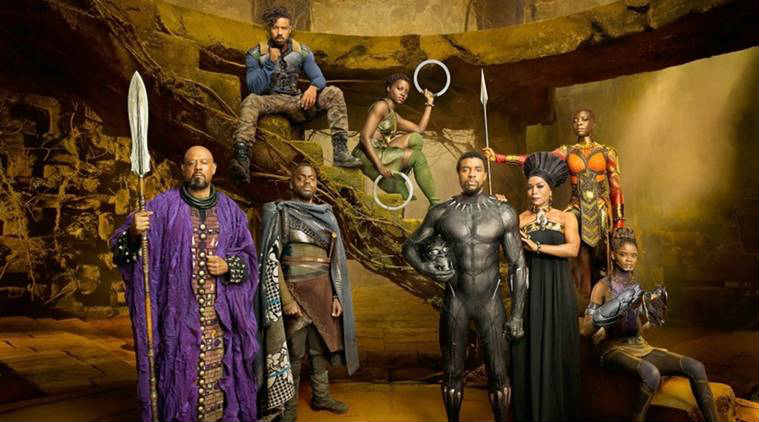Movies as a source of entertainment have long gone, now they transcribe the realities, miseries, and happiness of life we all go through. They’re a medium of activism, protest and so much more than just fairly being limited to entertainment. However, for one country in the world, movies haven’t gone through that transition, ever since the theatre ban imposed in Saudi Arabia.
Withal, on Wednesday, the cinema ban in Saudi Arabia ended, after 35 long years. This was not just the re-start of something completely new (for certain ages), but also marks the end of restrictive laws in Saudi Arabia.
The theatre ban was ended by the crown prince to modernize the deeply conservative Muslim kingdom in order to compete with the rest of the world, in terms of the luxury the country offers.
The end of the ban was celebrated with the screening of one of Hollywood’s biggest grosser of all time – Black Panther. And, it was amazing in all sorts of way. It was a red carpet invitation-only gala event that attracted senior government officials, foreign dignitaries, and select industry figures to watch Black Panther on a 45-foot screen at a converted symphony concert hall in Riyadh.

While this was a special screening, the theatre will open for the general public viewing on Friday, with tickets to go on sale on Thursday, as per Adam Aron, chief executive of operator AMC Entertainment Holdings. “Saudis now are going to be able to go to a beautiful theater and watch movies the way they’re supposed to be watched: on a big screen,” he told Reuters ahead of the screening.
AMC Entertainment is the world’s biggest movie operators and they signed the deal with Prince Mohammed just two weeks earlier, to open the first cinema in the Kingdom.
As good as the entire things seem and sounds, each and every movie selected for the release in Saudi will be subject to approval by the government censors, and the premiere was no exception. Scenes of violence were not cut, but a final scene involving a kiss was axed. Still, it’s a stark reversal for a country where public movie screenings were banned in the 1980s during a wave of ultra-conservatism that swept Saudi Arabia.
Not just theatres, the Prince has been able to reverse a lot of rules and bans in the country, in the recent past, including women driving and watching sports in the stadium. All of this accounts to Prince’s Vision 2030. It is a blueprint for Saudi Arabia that aims to boost local spending and create jobs amid sustained lower oil prices.
Jyotsna Amla


